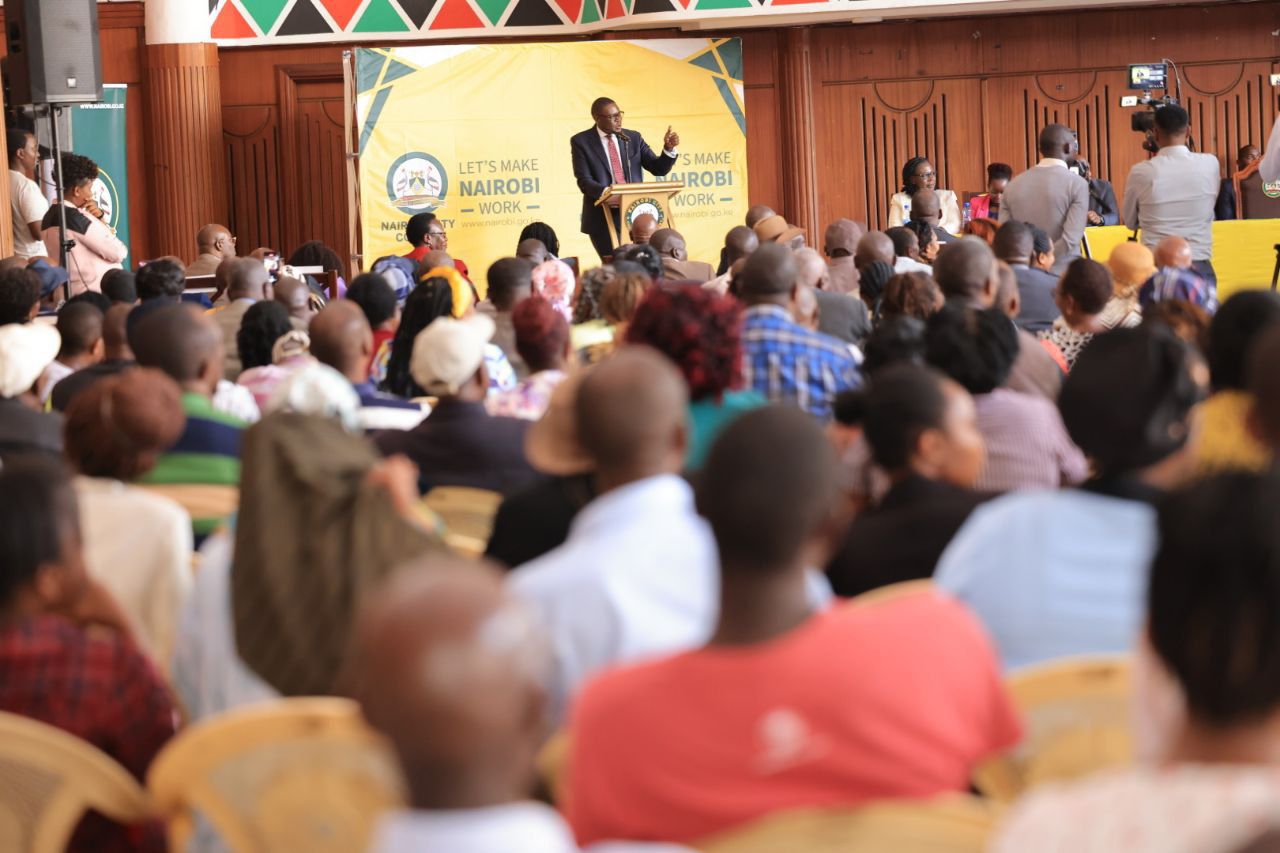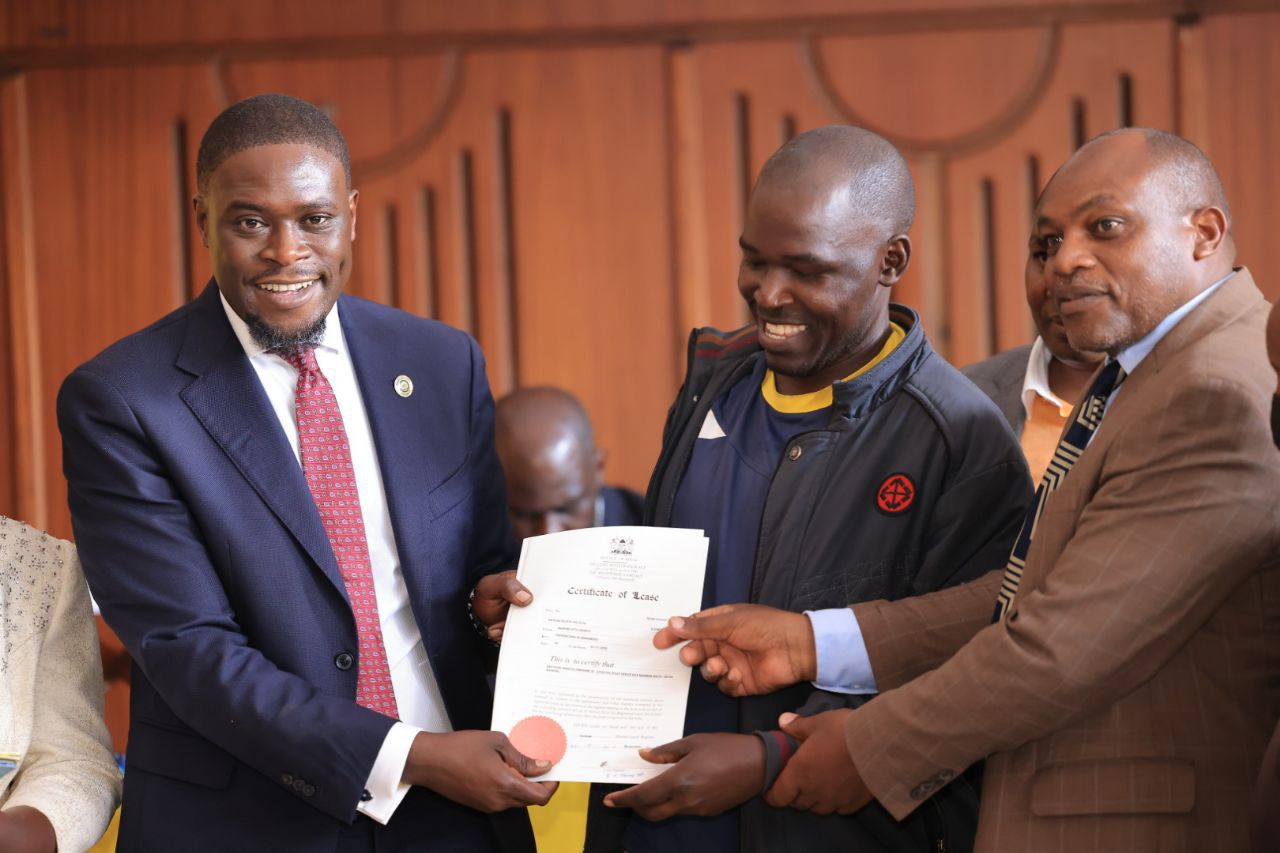The Controller of Budget (COB), Dr. Margaret Nyakang’o, faced tough scrutiny from the Constitution Implementation Oversight Committee (CIOC) chaired by MP Gathoni Wamuchomba, as the Committee raised major concerns about Kenya’s budget-making process.
The Committee highlighted that Kenya’s budget practices may be unconstitutional, particularly noting Article 221 of the Constitution, which mandates transparency in both revenue estimates and expenditures, a requirement that appears to have been bypassed.
Dr. Nyakang’o acknowledged the issue but pointed out that her office had no role in correcting these discrepancies. “My office has flagged this error in the budget-making process, where Revenue Estimates are not clearly presented, yet according to the Constitution both the revenue estimates and expenditure should be presented to Parliament. It is unconstitutional to bypass one or the other,” she said.
MP Wamuchomba who was clear in her assessment, stated; “We have been running an unconstitutional budget-making process. We’re only seeing expenditures, but where are the revenue estimates? This deviation from the Constitution is unacceptable.” The revelation points to a deeper governance issue that has seen public financial oversight weaken, putting Kenya’s financial management at risk.
Committee members also discussed the lacuna that has emerged regarding independent offices like the COB. Despite their constitutional mandate, many of these offices, including the Ethics and Anti-Corruption Commission (EACC) and National Gender and Equality Commission (NGEC) among others, have faced crippling financial challenges. Wamuchomba highlighted this, saying, “Only three independent offices; Judiciary, PSC, and TSC, have had budget increases. The rest, including key oversight bodies, have seen reductions.”
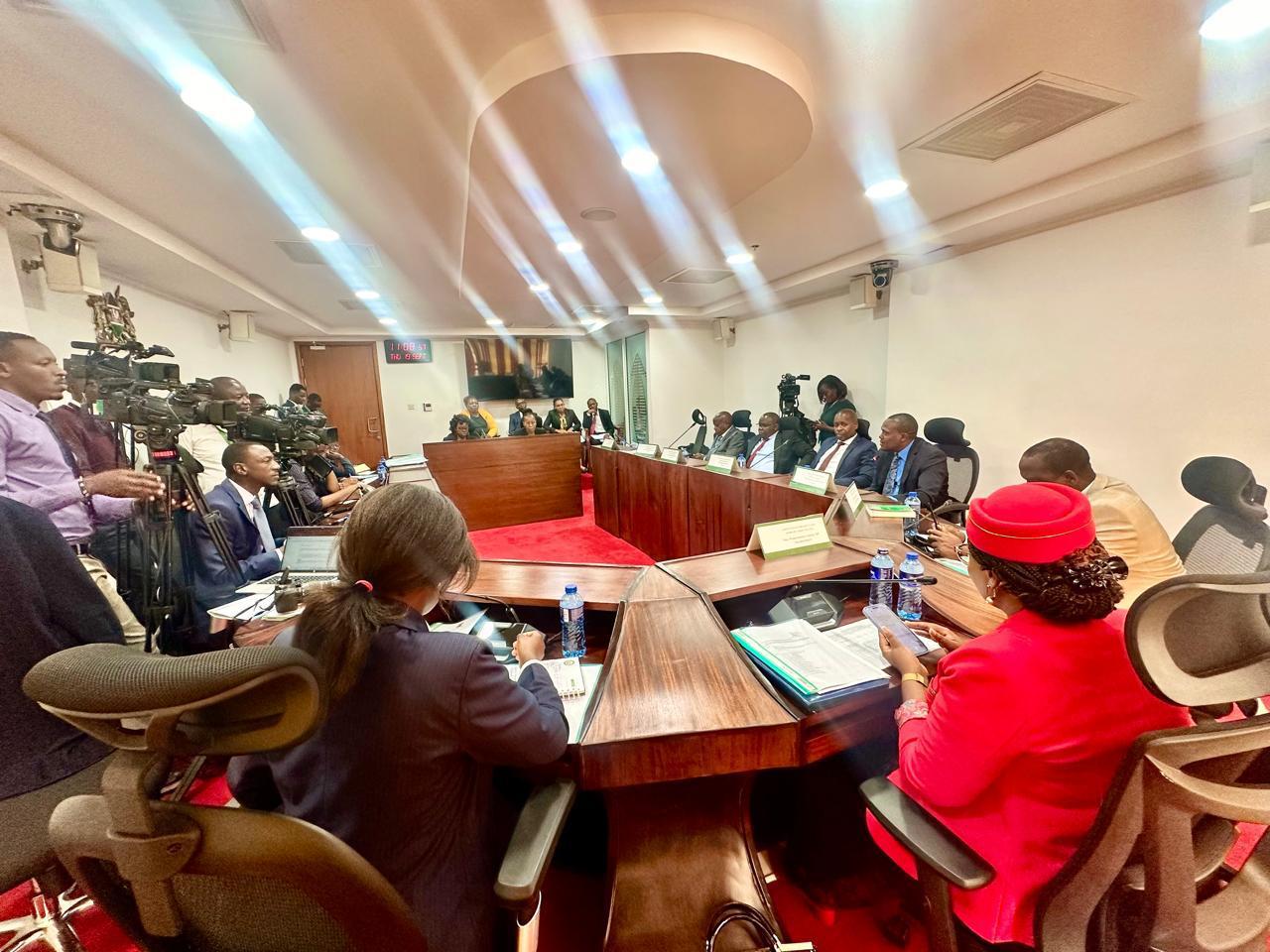
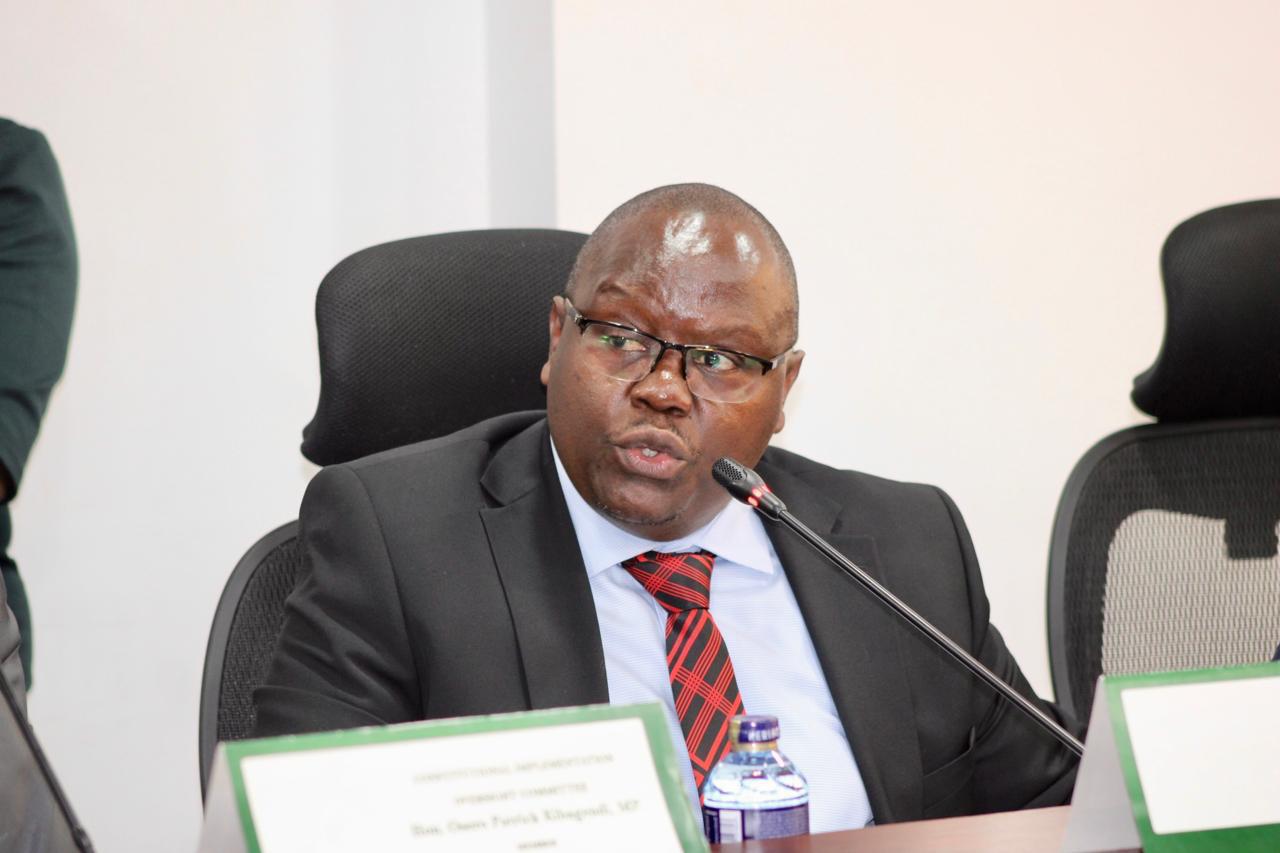
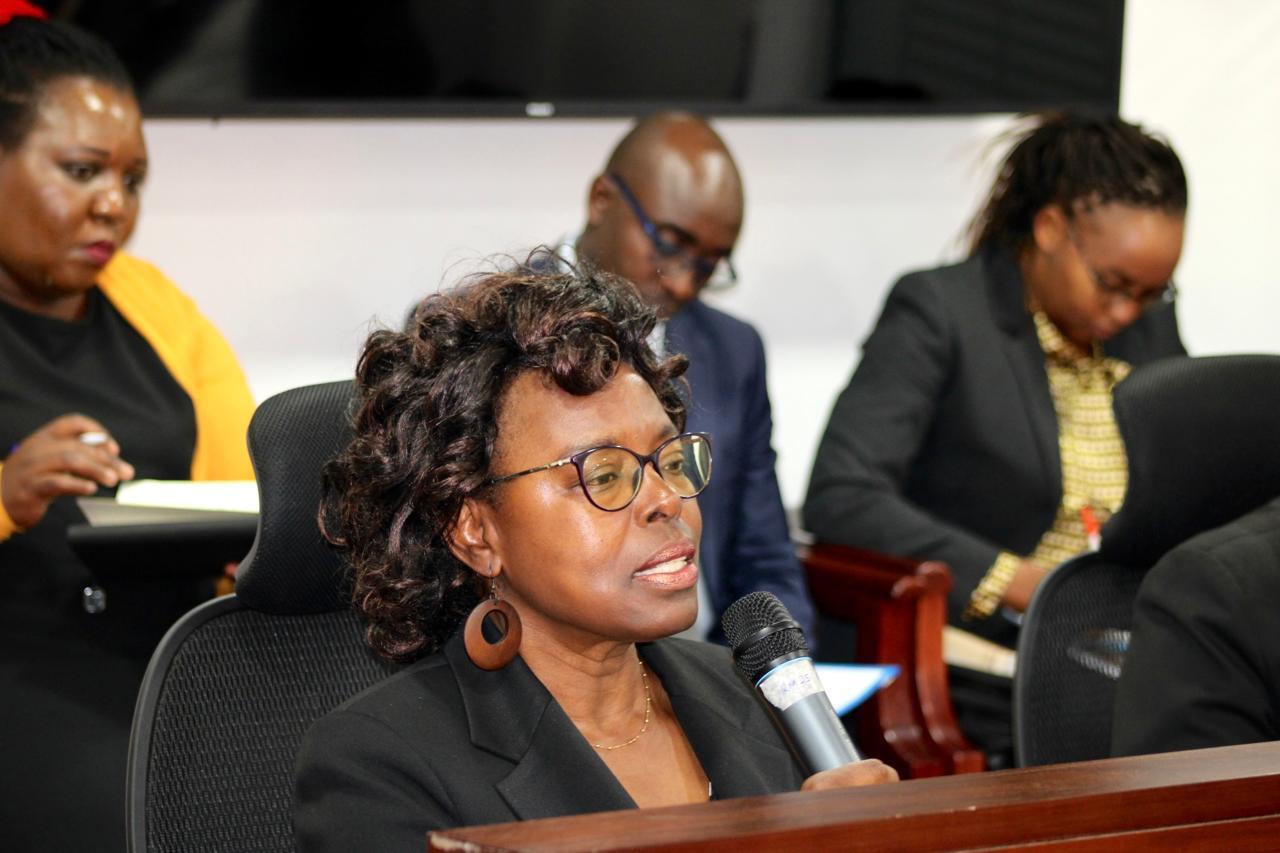
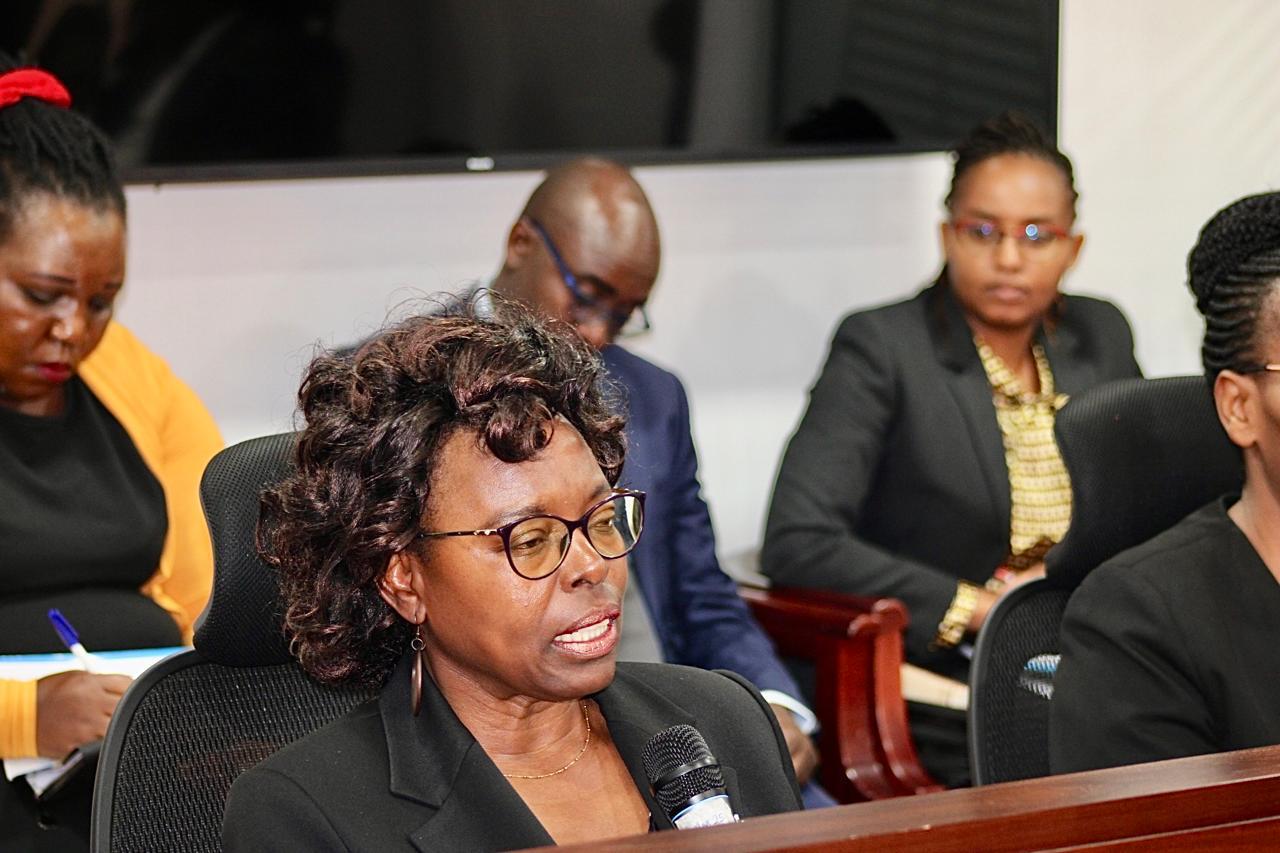
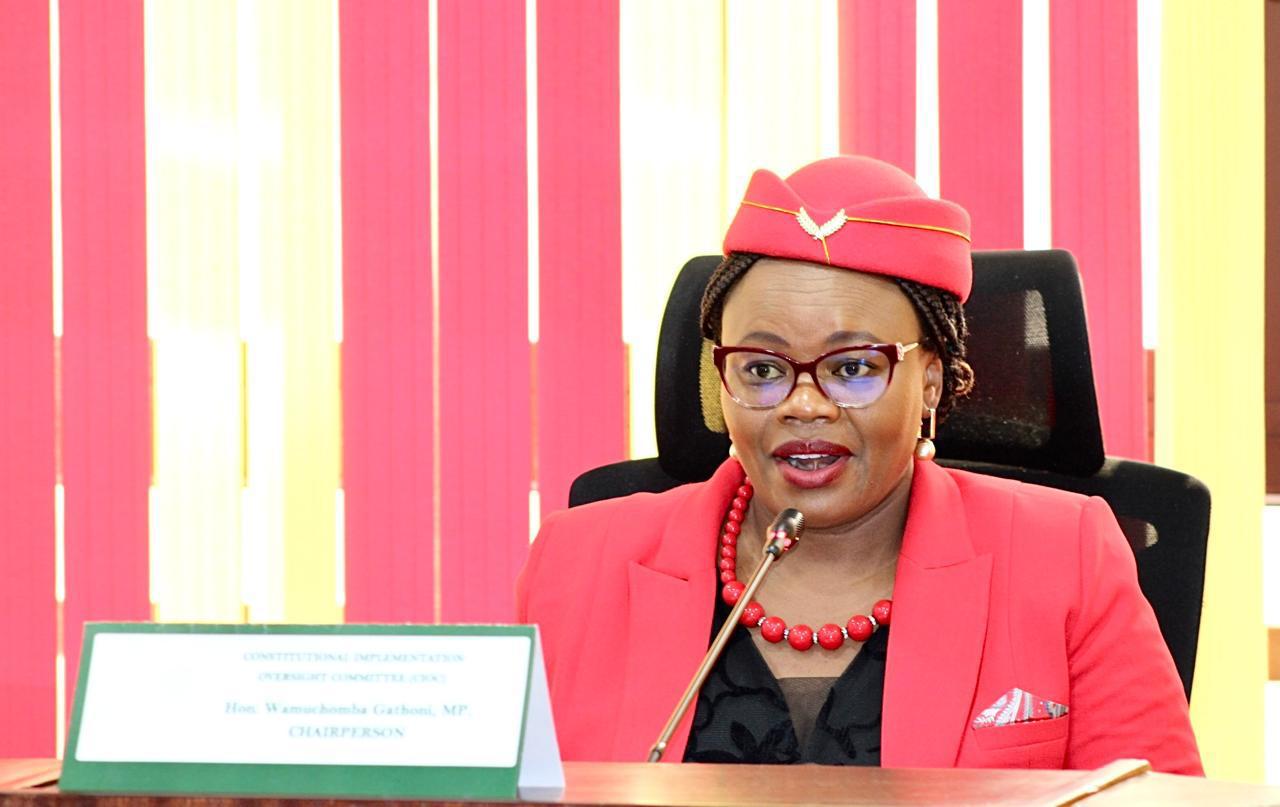
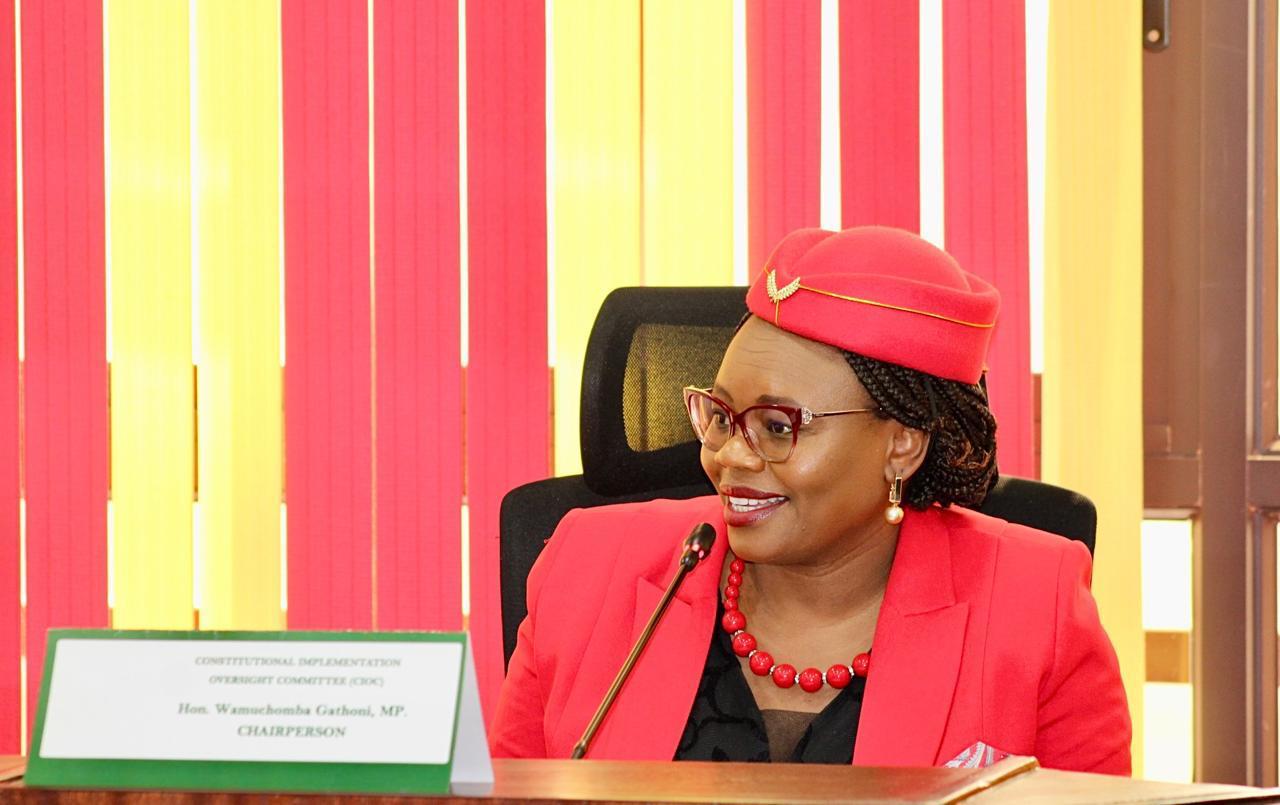
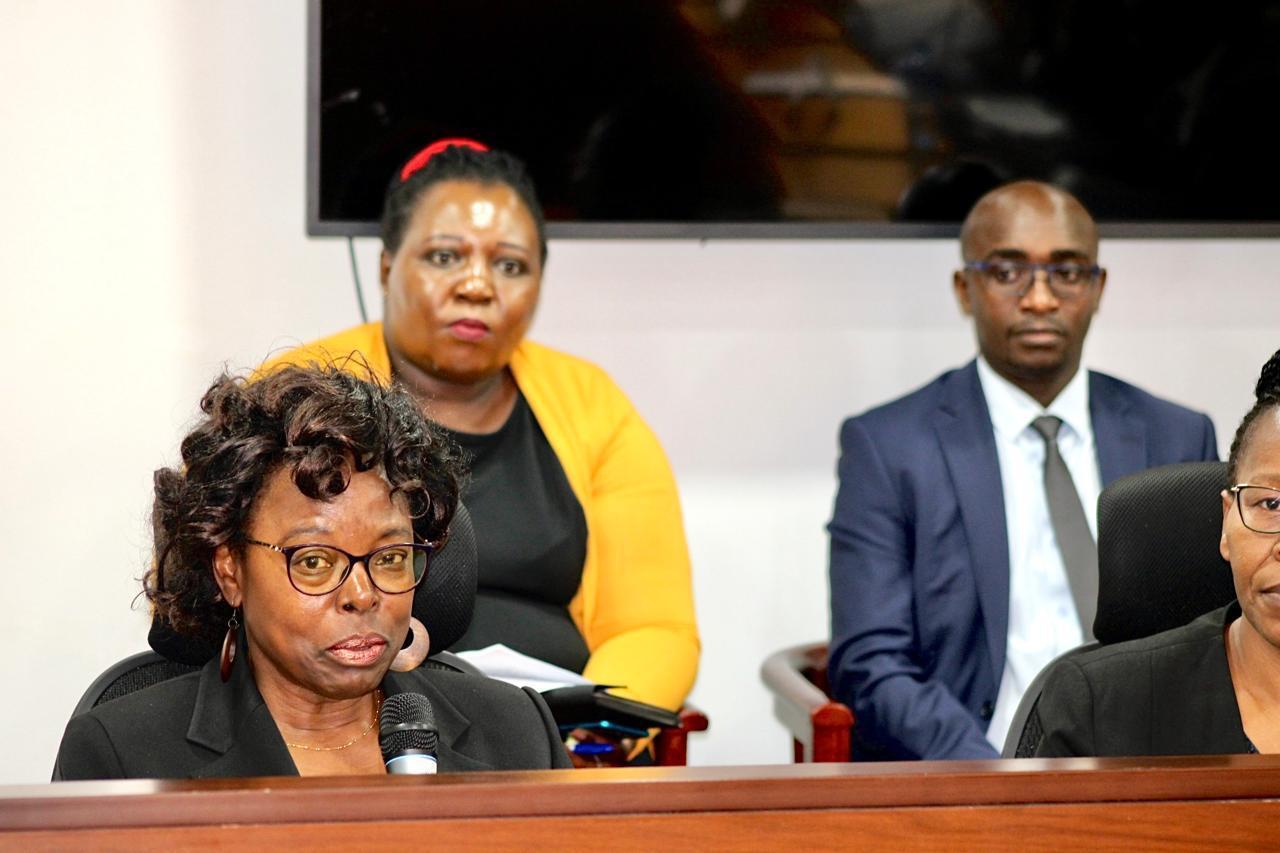
This deficit has also been evident in discussions surrounding pensioners, as Dr. Nyakang’o noted that the pension fund is suffering from a shortfall of Ksh 23.47 billion, in part due to public debt. “We can’t afford to underfund pensioners. Their entitlements are being affected by the increasing public debt, but my office doesn’t have the mandate to control or rectify this,” she said.
A key sticking point was the lack of enforcement powers of the COB. The office’s inability to oversee all aspects of the budget, including grants and receipts, was cited as a major weakness. “We are barred from reporting on many budget aspects, including economic development, grants, and loans. Section 94 of the COB Act needs to be amended,” Dr. Nyakang’o emphasized.
The Committee members echoed the need for reform. Hon. Mulanya raised concerns about the disbursement of funds. “Why do some funds simply disappear from accounts? If COB isn’t monitoring levies and other funds, how can we guarantee transparency?” he questioned.
The session exposed critical gaps in Kenya’s public financial management system, leaving the COB office in a difficult position, unable to fully execute its mandate while significant budgetary issues persist. The Committee, however, emphasized the urgency for legislative amendments and proper funding for the COB’s office to uphold constitutional requirements.


